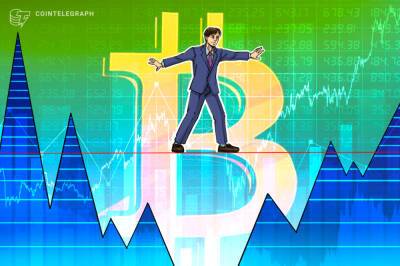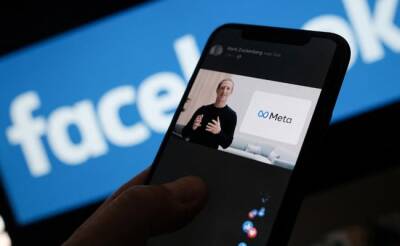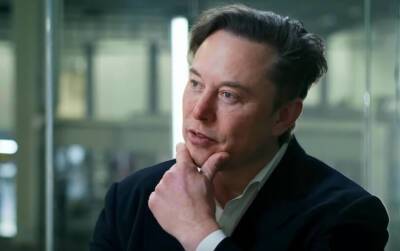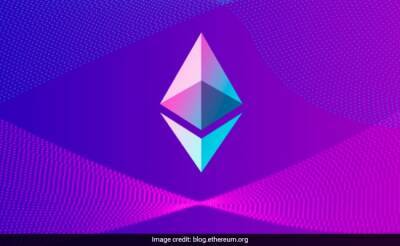Golden age of streaming could cost viewers up to £2,500 a year
Viewers are living in a golden age of TV, spoilt by more must-watch shows, films and live sport than at any time in broadcasting history, but the cost of getting it all has risen to £2,500 a year, leaving some entertainment fans wondering if they can afford the streaming revolution.
The global streaming phenomenon has resulted in the launch of an unprecedented amount of services, mostly paid-for – from Netflix and Amazon to Disney+ and tiers of ITV’s latest effort, ITVX – that compete alongside pay-TV providers such as Sky and BT and the licence fee-funded BBC for a share of household budgets that are being pushed to breaking point.
With inflation running at a 30-year high, and already soaring energy prices being pushed higher by the war in Ukraine, the rising cost of everything from food to petrol is forcing households to tighten their belts.
The TV and video services that saved the UK from lockdown boredom – Britons spent 40% of their waking hours stuck at home watching TV – are no longer being viewed as the sacrosanct household essentials they were at the height of Covidpandemic, which fuelled a record rise in global subscribers.
“The public perception has been that these services are cheap,” says Tom Harrington, head of television at Enders Analysis. “And they certainly were. But the cost is now quickly transitioning from what is for many an automatic and then forgotten regular discretionary spend, to a noticeable chunk leaving their account.”
Viewers who can’t bear to miss out on the best TV on offer – from Premier League and Champions League football to dramas such as The Crown and Peaky Blinders, and blockbuster franchises such as Star Wars and Marvel – will have to find about £200 a month on average.
Enders Analysis
Read more on theguardian.com





















